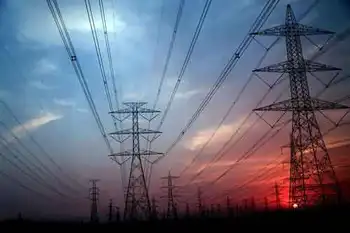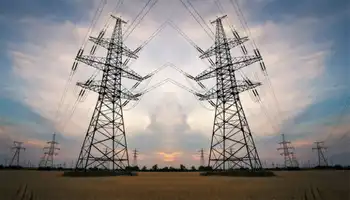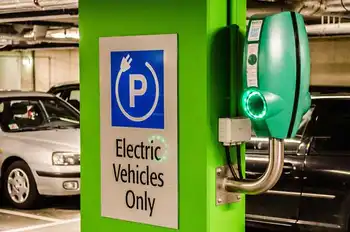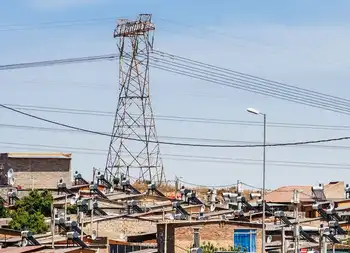India's renewable sector to attract investments of $4.3 billion
BANGALORE, INDIA - India's renewable energy sector is likely to attract investments of about $4.3 billion over the next five to seven years. State-owned organizations and domestic and international players in the private sector including the Tata Group and Reliance Industries Limited are vying for a piece of the emerging green-sector pie.
Even as India unveiled a new national biofuels policy on September 12, about 150 organizations were already known to have queued up to develop biofuel processing plants in the country.
India is planning to address 20% of the country's diesel requirements through fuel derived from plants by 2012. At present, the permissible level of biofuel that can be mixed with gasoline or diesel is capped at 5%.
The government plans to increase the blending level to 20% by 2017 in a bid to stem imports of fossil fuel. India meets 70% of its present oil requirements through imports. Research efforts are also on to identify nonedible oil-bearing plants such as jatropha, which could be cultivated over 163 million acres of wasteland.
Presently, only 500,000 hectares of land are being used to cultivate plants that yield fuel.
Chhattisgarh is en route to becoming a self-reliant state in terms of biofuel by 2015. D1-BP Fuel Crops, a joint venture set up by D1 Oils plc and BP plc, is involved in cultivating jatropha in the state. Chhattisgarh is likely to earn $1 billion in annual revenues after 2010 through sale of the seeds found inside the jatropha fruit.
Labland Biodiesel is aggressively promoting research and development activities in the field of jatropha cultivation and use of the oil secreted as biodiesel. In September 2007, Hindustan Petroleum Corporation Limited and Maharashtra State Farming Corporation Limited started joint efforts to grow jatropha over 500 acres of land in Aurangabad and Nashik in Maharashtra.
A few analysts have expressed concern that the pursuit of green power could potentially impact food supplies with crops such as sugarcane being diverted for the production of ethanol, a biofuel. These concerns come in the face of the recent demand made by the United Nations to review policies and subsidies on biofuels that are believed to be causing an increase in food prices and hunger in poorer nations.
However, the Indian government has allayed these apprehensions by categorically stating that only surplus agricultural produce would be used for production of biofuels.
Organizations foraying into this sector are also quick to point out that jatropha and another biofuel crop, Indian birch, do not compete with food crops for water and can be grown in areas unsuitable for cultivation of food products.
Renewable sources, which currently account for 3% of India's power generation capacity, generate about 12,000 megawatts (MW) of power. The government is looking to double this to 25,000 MW of power over the next four years.
By 2012, renewable energy is likely to account for 10% of the country's power generation capacity and contribute to 5% of India's overall energy mix. India's renewable energy market in the country is expected to reach $19 billion by 2012.
It is estimated that investments of about $15 billion will be required to add 15,000 MW of power generation capacity from renewable sources. A subsidy support system with about $1 billion in government funds will enable the addition of renewable energy capacity at the rate of $1 per watt with potential subsidy support of 70 cents per watt.
Related News

Australia's energy transition stalled by stubbornly high demand
MELBOURNE - A more than 200% increase in installed solar power generation capacity since 2018 helped Australia rank sixth globally in terms of solar capacity last year and emerge as one of the world's fastest-growing major renewable energy producers.
However, to realise its goal of becoming a net-zero carbon emitter by 2050, Australia must reverse the trajectory of its energy use, which remains on a rising path in contrast with several peers that have curbed energy use in recent years.
Australia's total electricity consumption has grown nearly 8% over the past decade, compared with contractions over the same period of more than…




